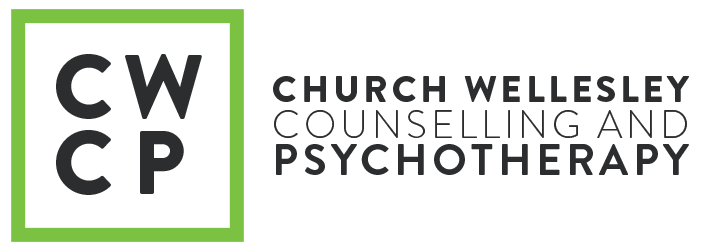I’ll be honest; I love social media. I believe it’s an incredible tool for staying connected and informed. Through my work with teens, I’ve witnessed firsthand how social media can transform young people into global citizens, passionate about social and environmental justice. Additionally, it helps individuals find communities and nurture interests that might otherwise remain inaccessible.
However, social media can have deleterious impacts on our mental health by contributing to addictive behaviours, such as a reduction in the diversity of our interests and social networks, and compulsivity, such as chronically checking our social media accounts. Concurrently, it can also induce feelings of anxiety, depression, jealousy, and worthlessness.
As a function of the above noted influence, there may be moments when you contemplate quitting social media altogether. While deleting social media apps can be a therapeutic solution, it’s not always necessary. Sometimes, a little “spring cleaning” can suffice. Here are some ways to tidy up your social media feeds and strike a balance between staying connected and safeguarding your mental well-being:
1. Review your “Following” list and scroll through your feed.
- Influencers who make you feel inadequate;
- News outlets that constantly upset you with world events (Remember, it’s okay not to be 100% informed at all times); and / or
- Friends or family members who consistently post views that conflict with your own.
2. Filter out triggering ads:
- Under “Suggested Content”, add specific words or phrases you’d prefer not to see on your feed;
- In the “Account Center”, access “ad preferences” and “ad topics”. Here, you can limit the type of content you see within each topic. For instance, you can set it to “see less” of body weight control and diet product ads.
TikTok
1. Filter out triggering content:
- In “Profile Settings”, visit “Privacy and Safety”, and then select “Filter Comments”. Use this feature to filter out keywords that may be distressing.
- Alternatively, while browsing your “For You Page”, tap and hold on videos you are not interested in.
2. Follow accounts that boost your mood:
- Seek out accounts that bring you joy, whether they feature cute puppies, promote body positivity, share good news, showcase creative cake decorating, or offer comedic relief.
If you’re worried about social media addiction, consider visiting the Lanier Law Firm‘s page on social media addiction. If your mental health is suffering due to social media, therapy can be a valuable resource for exploring your need to use social media and its effects on you.


